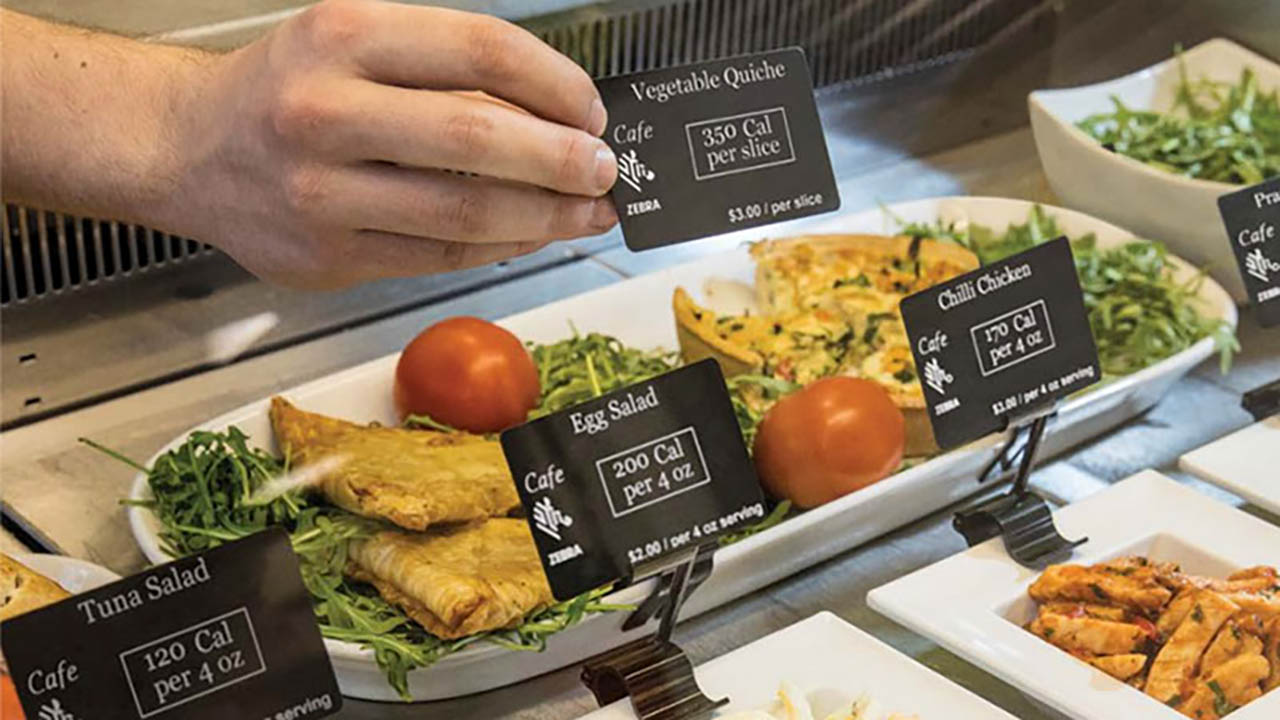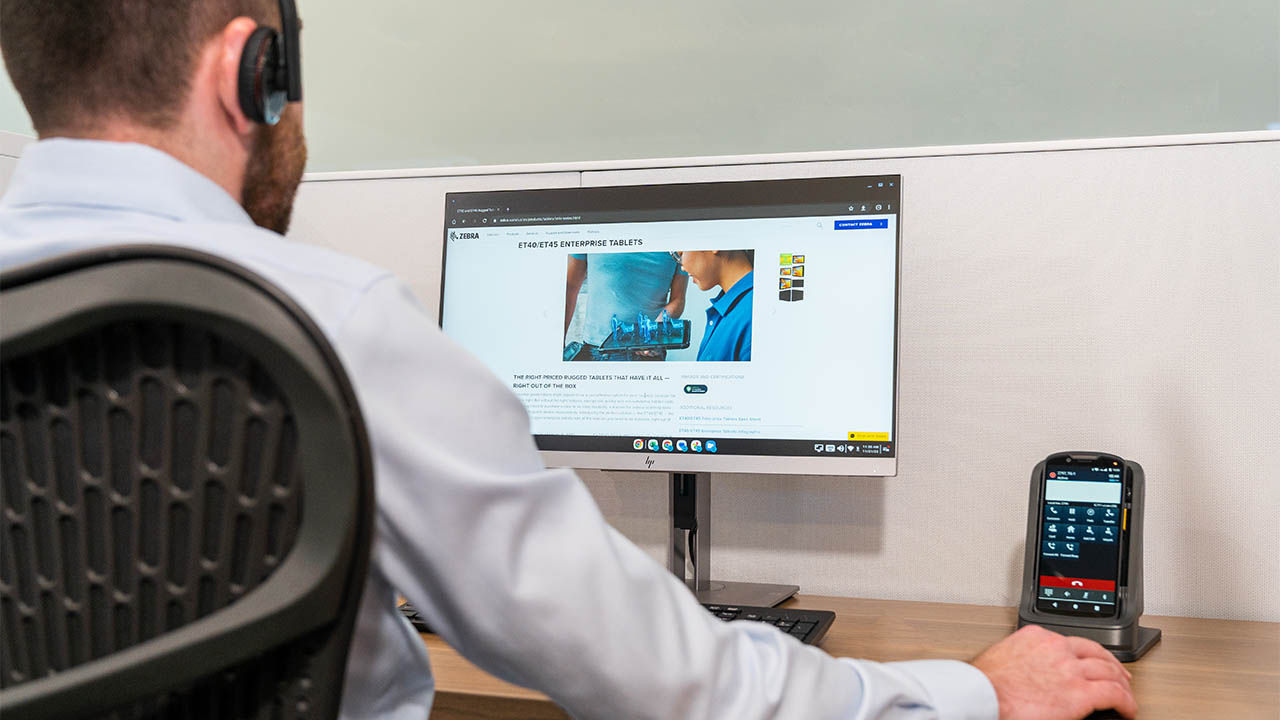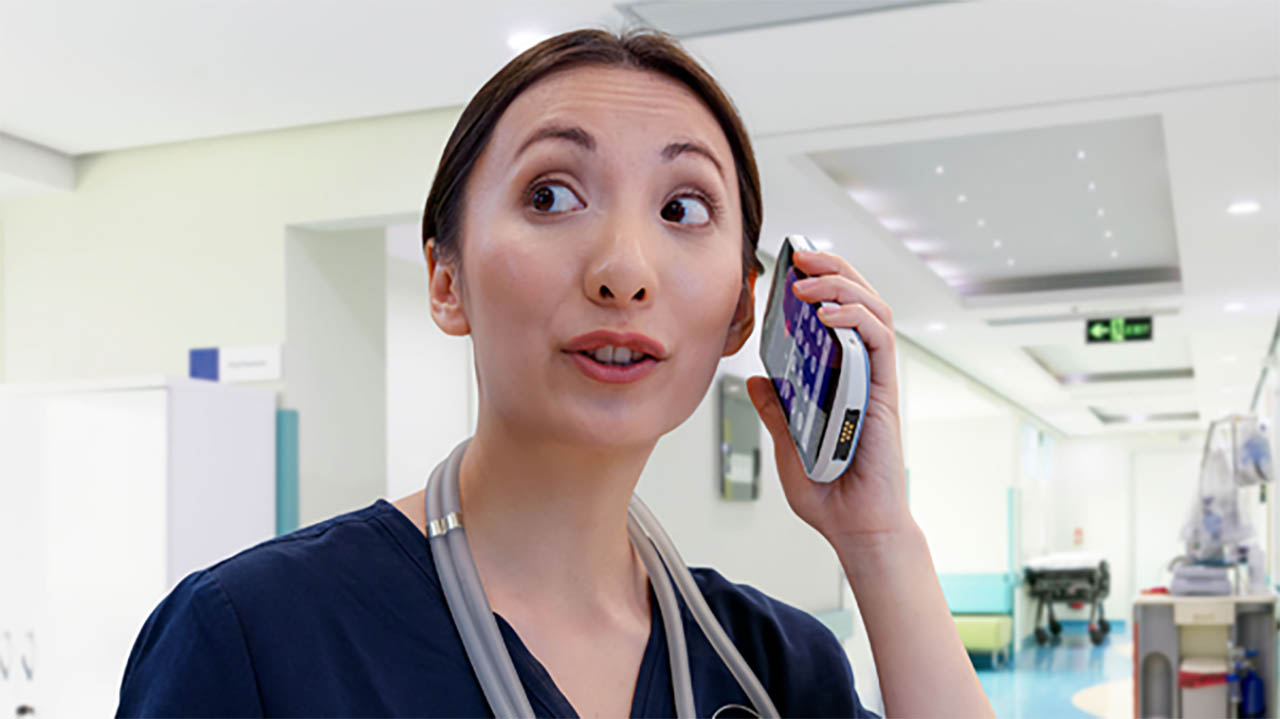
How Can You Ensure Compliance with Public Health Rules and Government Safety Regulations While Enhancing Your Customer Experience?
In these unusual times, everything needs to be reassessed – especially in the catering and hospitality industries where people usually mingle closely in confined spaces:
- While food safety has always been a priority, health precautions must now be taken on a different level. It is no longer a matter of safety first, but safety first, second and third.
- Speed and ease of service have always been desirable; now, they’re essential.
- It is critical, too, to stay abreast of frequently changing regulations as, in many countries, establishments that serve food and beverages are expected to maintain records on staff, customers and visitors to support track and trace initiatives. These requirements add a new level of bureaucracy to the daily demands of running businesses. Indeed, they can feel daunting to manage.
If you run a hospitality establishment that serves food and/or beverages – keeping the above issues in mind – I encourage you to consider making these four key operational changes, if you’re not doing so already. They don’t have to be burdensome. Many technology solutions exist to help you achieve compliance, easily capture data and even enhance your customers’ experiences.
1. Directing the traffic
In the “old normal,” the aim was simply to get customers into the restaurant, pub or event venue. Now, it is about regulating how many guests come in to help manage social distancing. There is also a need to encourage customers to move through your facility smoothly to create space for others.
One-way systems are an obvious solution, but they don’t always work. For example, if space is limited or if customers wish to browse grab-and-go items. So, it may be better to have team members meet customers at the door, take their orders on a rugged tablet or handheld mobile computer and relay this info to other colleagues. Customers can then be directed to a safe waiting area while waiting for their items. The visibility of this process provides reassurance to customers before they even enter the store.
Speed of service is also welcomed by customers, whether that means faster-moving queues or faster transactions; 70% of people say they want to use technology to get what they want more quickly. At the same time, 80% of restaurant operators agree that the use of technology helps increase sales and makes their businesses more productive whilst providing a competitive advantage.
2. Low friction: a high priority
Government guidance emphasizes the need to regularly sanitize surfaces. But, while this is crucial, it is better not to touch them at all.
A great way to achieve this is to provide self-service payment points. You can easily create new points by fixing compact and attractive scanners to countertops. The scanners can be connected, compact, contact-free payment solutions. These solutions can also include cost-efficient mobile computers or tablets with snap-on payment terminals. Customers simply need to run their items under the scanner and wave their payment cards next to the payment terminal to complete the transaction.
Touch-free checkout isn’t just about taking payments, though. You can also use the scanners, fixed to countertops, to allow customers to self-scan barcodes on their loyalty apps. Enhanced offers may help to encourage repeat visits at a time when trade needs to be re-established quickly.
Loyalty cards and apps may also be used to enhance safety. For example, if a customer or employee falls ill, loyalty card and app proximity data could help the business owner and public health officials contact trace quite efficiently in order to make the proper notifications.
3. Caring for colleagues
It’s important to put customers first and prioritizing each visitor’s safety is paramount. But employees and colleagues must be looked after too. One of the main ways to do this is to encourage teams to follow social distancing guidelines.
Beyond the use of visible signage to remind people to stay apart, which may become less effective through over-familiarity, technology can provide solutions without compromising the quality of service your team is expected to provide.
Smart collaboration tools, designed for business use and available for Android™ devices, enable distanced staff to make push-to-talk (PTT) calls or send text messages to one colleague or many over your facility’s Wi-Fi network. The interface is easy to use, and communication is immediate. There are even hands-free PTT options available that eliminate the need to constantly handle mobile devices, which helps to improve hygiene and minimize the risk of cross-contamination. This ensures that, if you are introducing multiple service points and reconfiguring your store, your team members can work together seamlessly to support one another and provide a great service to customers.
4. Thinking ahead
COVID-19 has dominated everything in recent months. But it is vital not to neglect other health concerns and mandates. Indeed, the issue of food allergies and accurate food labeling is an important case in point – and a pressing one, as legislation is changing all the time. For instance, in the UK, “Natasha’s Law” will come into force in 2021. It is named for the teenager Natasha Ednan-Laperouse, who tragically suffered a fatal allergic reaction in 2016.
Outlets serving items made fresh on the premises will need to have systems in place to produce printed labels that give customers the information they need about ingredients and allergens. We have been helping a number of retailers, restaurateurs and other hospitality outlets prepare for the changes, including one with 2,000 outlets across the UK. It centrally manages a “gold-standard” ingredient and allergen list that is updated as new products come online. At the store level, staff can print ingredient lists on a range of labels that must be affixed to products using both desktop and mobile printers to ensure compliance with the gold standard that’s been centrally defined.
The software retains an auditable record of activity should there be an issue. Staff have reported that they value the system. The main reason for this is that it removes the responsibility from them for accurately labeling food, which can feel onerous.
Necessity and Invention
Visiting our favorite coffee shop or sandwich bar is one of the little luxuries that many of us have missed as of late. But showing great ingenuity, forward-thinking restaurants are embracing new technology. Many are turning to rugged mobile computing, scanning and printing solutions to accelerate service delivery, improve order accuracy, enhance customer safety and help teams stay physically apart without compromising the service that they provide.
As we all adjust to the new normal, innovative approaches to ensuring social distancing, order management and data collection are likely to remain in place as businesses look to manage customer flow in more fluid and agile ways. Indeed, as we look forward, one might also expect other new developments – such as the increased use of contact-free payment points and self-service technology – to become part of our retail and coffee-drinking lives long into the future. The convenience they provide is priceless to both customers and those in the hospitality business.
###
EDITOR’S NOTE
Curious how Zebra’s retail and hospitality solutions can help your business thrive amid social distancing’s “new normal”? Or how mobile computing, scanning and printing technology solutions can help you comply with allergen labeling requirements? Our retail team will be delighted to help you. Contact them here. You can also visit our website to learn more.

Martin Murphy
Martin Murphy is currently the Hospitality Sales Lead at Zebra UK where he works closely with QSRs, hospitality retailers and their partners to deliver exceptional customers experiences on leading edge mobile technology. Martin has more than 20 years of experience within the IT industry and has previously held both sales and technical roles at HP, Xerox and Panasonic.






